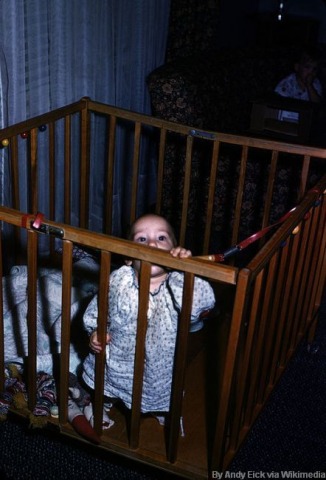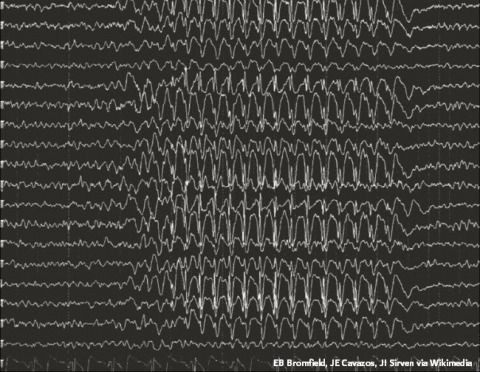
Common sense urges that the easier it is to commit crime and the harder it is to detect it, the more crime will be committed. Against common sense, the “fact-checkers” are out in force, chanting in unison that very little fraud is associated with mail-in voting.
How would we know? The same things that make such fraud easy to commit also make it difficult to discover.








